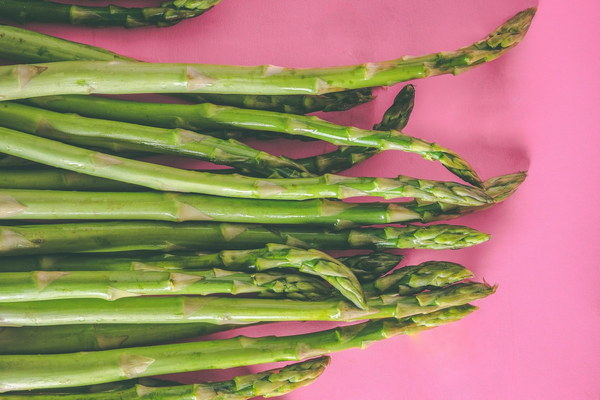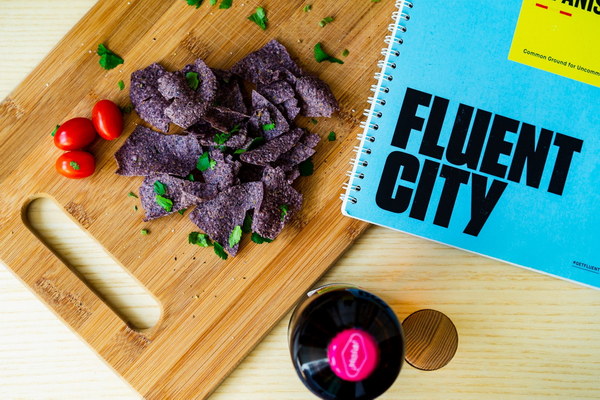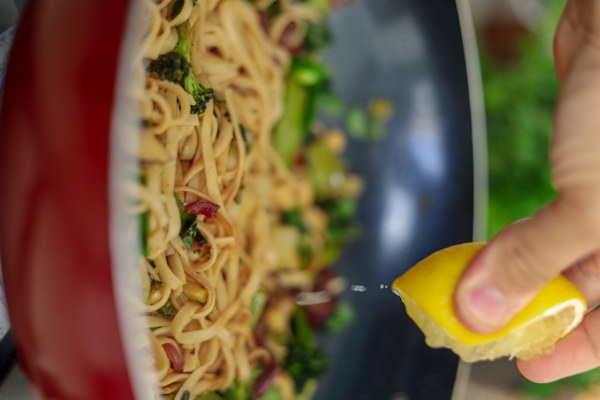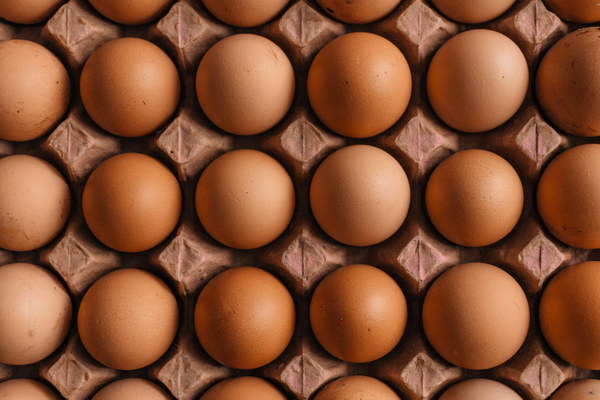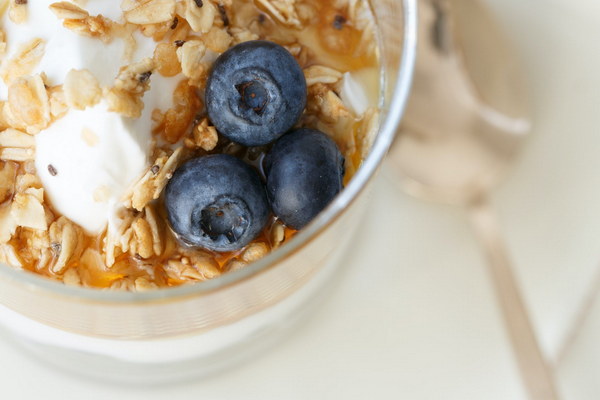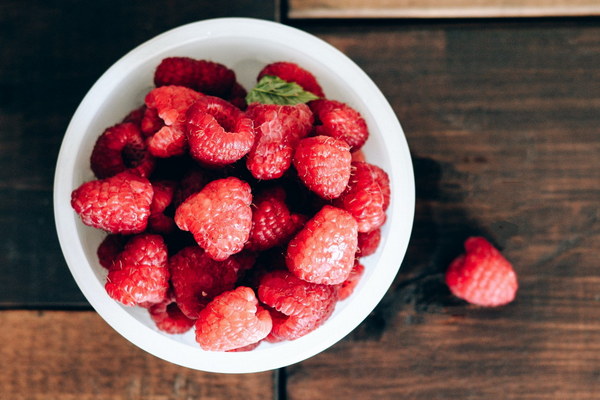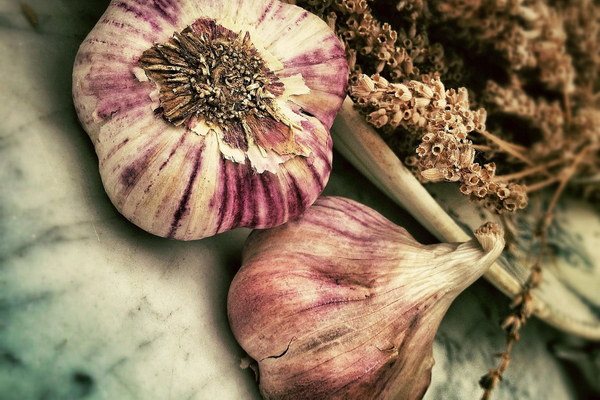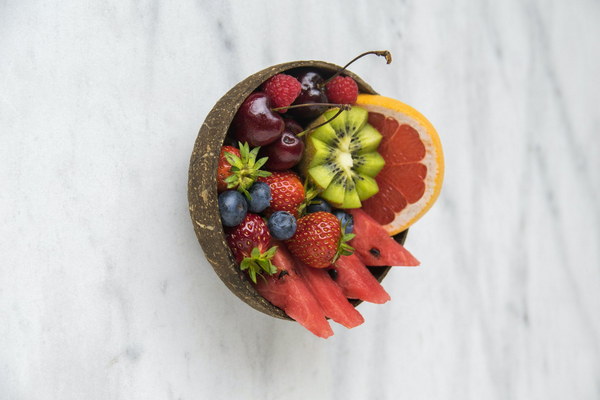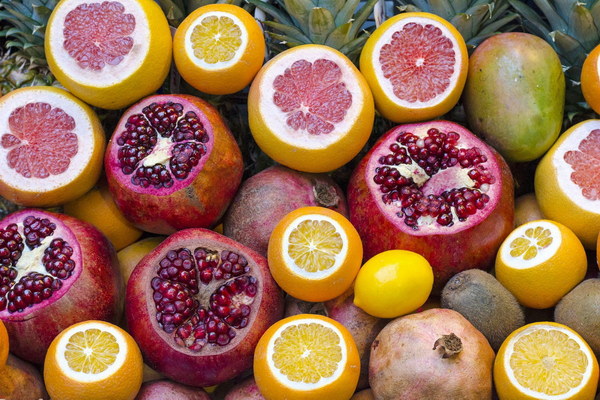Nourishing Foods for Women's Menstrual Health A Guide to Natural Remedies
In the intricate tapestry of women's health, the menstrual cycle is a pivotal phase that requires special attention. During this time, the body undergoes various physiological changes, and it's essential to provide it with the right nutrients to support overall well-being. Nourishing foods for women's menstrual health can make a significant difference in alleviating symptoms and ensuring a smoother experience. Here's a comprehensive guide to natural remedies through diet that can help women during their menstrual cycles.
1. Iron-Rich Foods
Iron deficiency is a common issue among women, especially during their periods. This is due to the loss of blood. Incorporating iron-rich foods into the diet can help prevent anemia and boost energy levels. Some excellent sources of iron include:
- Lean red meats
- Poultry
- Fish
- Legumes (lentils, chickpeas, kidney beans)
- Leafy greens (spinach, kale, Swiss chard)
- Fortified cereals and breads
To enhance iron absorption, pair these foods with vitamin C-rich options, such as oranges, strawberries, bell peppers, and tomatoes.
2. Calcium-Rich Foods
Calcium is crucial for maintaining strong bones and reducing the risk of osteoporosis, especially as women age. During menstruation, calcium also plays a role in muscle contractions and blood clotting. Foods high in calcium include:
- Dairy products (milk, cheese, yogurt)
- Almonds and almonds butter
- Broccoli
- Tofu
- Fortified plant-based milks
3. Magnesium-Rich Foods
Magnesium is a mineral that can help alleviate premenstrual symptoms such as cramps and bloating. It also supports bone health and muscle function. Good sources of magnesium include:
- Nuts and seeds (almonds, sunflower seeds, pumpkin seeds)
- Legumes (chickpeas, lentils, black beans)
- Whole grains (quinoa, brown rice)
- Dark chocolate
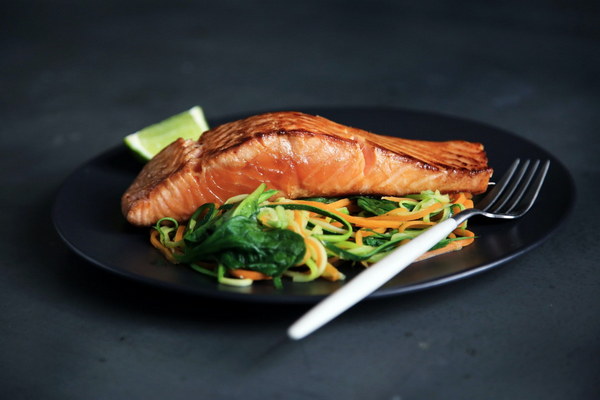
- Leafy greens (spinach, Swiss chard)
4. Omega-3 Fatty Acids
Omega-3 fatty acids are essential for hormonal balance and can help reduce inflammation, which is often associated with menstrual cramps. Foods rich in omega-3s include:
- Fish (salmon, mackerel, sardines)
- Flaxseeds and flaxseed oil
- Chia seeds
- Walnuts
- Eggs
5. Vitamin E-Rich Foods
Vitamin E has anti-inflammatory properties and can help alleviate menstrual pain. Sources of vitamin E include:
- Nuts and seeds (almonds, sunflower seeds, walnuts)
- Avocado
- Leafy greens (spinach, kale, Swiss chard)
- Olive oil
6. Vitamin B6-Rich Foods
Vitamin B6 is known for its role in hormone regulation and can help alleviate mood swings and breast tenderness during the menstrual cycle. Foods high in vitamin B6 include:
- Chicken breast
- Fortified cereals
- Bananas
- Sweet potatoes
- Legumes (chickpeas, lentils, black beans)
7. Hydration
Staying hydrated is essential throughout the menstrual cycle. Water helps to maintain blood volume, which can reduce menstrual cramps and bloating. Aim to drink plenty of water throughout the day.
8. Herbs and Spices
Certain herbs and spices have been traditionally used to support women's menstrual health. These include:
- Chamomile
- Ginger
- Turmeric
- Cinnamon
- Peppermint
Conclusion
A balanced diet rich in the right nutrients can significantly improve women's menstrual health. By incorporating these nourishing foods into their diet, women can help alleviate symptoms, support overall well-being, and reduce the risk of long-term health issues. Remember, it's always best to consult with a healthcare provider before making significant changes to your diet, especially if you have underlying health conditions. Happy eating and good health!
